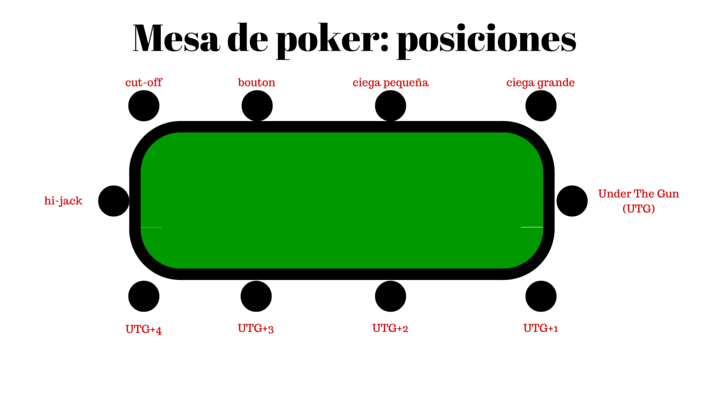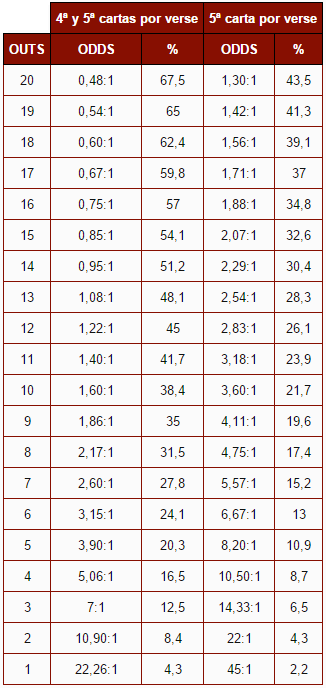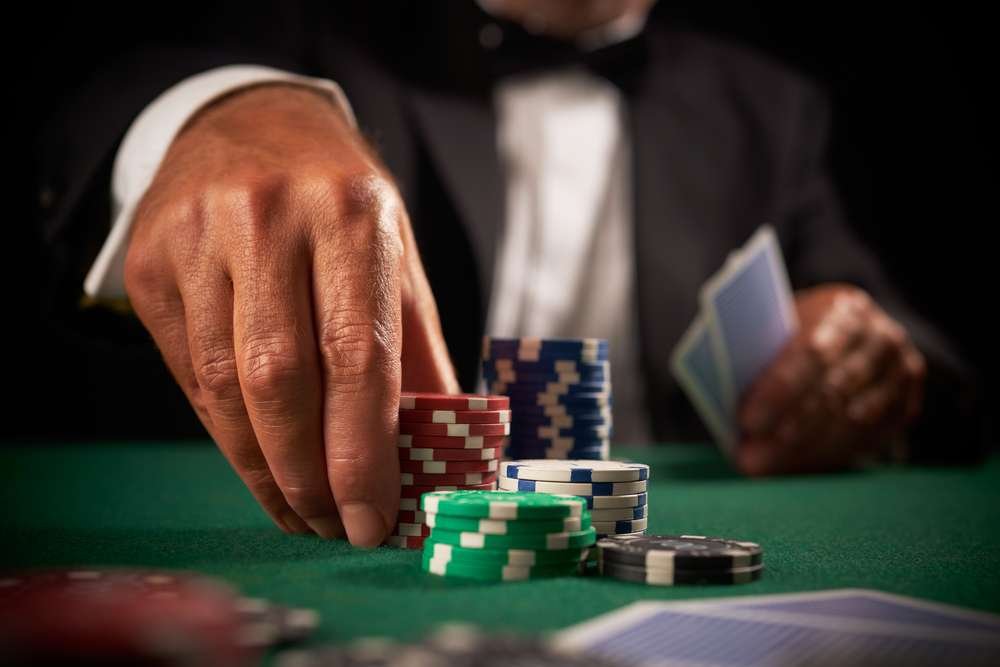Table of Contents
Sure from the first time you played poker you have already seen that you can not get anywhere in this game without a strategy. Having it not only brings us closer to greater profits, but even to stay in the game.
You may also have realized that there is no single path to take. A player can use several strategies in the same game. In this article we bring you the most basic ones to help you improve your level of play and, of course, to win.
Reviewing the basics
Before we get into more complex concepts, let’s remember a basic strategy: become fully familiar with the basic rules of poker . It sounds obvious, but mastering the game can save you a lot of money in the future.
On the other hand, the basis of poker is that everything is focused on decisions . Play your best in every game, not thinking that you must win at all costs, otherwise you could end up folding earlier than expected.
An example of the power of decisions is the influence that you as a player can have on your opponents. It may not be one of the most stable strategies, but bluffing exists for a reason: to affect the performance of others and to profit from it.
Another simple technique to implement: be patient . Professional players differ from amateurs in that they know how to stay cool during a game, even when the cards are not the best. Most hands in Texas Hold’em will be weak, keep that in mind.

Tactics to win at poker
After reviewing some basic maneuvers, now we will give you some simple poker strategies to implement and that will help you master your game:
Basic strategy 1: think about your position
In poker, the order in which the players act is already established for each round. In this sense, the player who is last is the one who has the most information , therefore, he can make a more considered decision on how to proceed in the game.
Also, the person to the right of the dealer, the bouton, has potentially more power than the dealer himself, as he can raise the bet and take him out of the game.
If you find yourself in one of the first positions of the table, try to be more selective with the hands you play. On the contrary, if you are in the last, you will have a certain advantage when it comes to acting.

Basic Strategy 2: Evaluate the best hand at the table.
To find out if someone has the best hand, pay attention to the number of players at the table and the previous play . If you see the bets increasing, that could mean that one of your opponents thinks they have the best hand.
If, on the other hand, you are the one with the best hand, it is all a matter of recognizing it . Having it and not knowing how to do it will make you lose valuable opportunities to gamble. The opposite scenario may be worse, that you do not know how to read your letters well and this costs you dearly.
Therefore, pay close attention to what happens at the table, this will save you expensive decisions.
Basic strategy 3: calculate Odds and Outs.
Entering a game of poker without knowing how to do this calculation would be like driving blindfolded. You may be lucky in a round, but you will most likely end up crashing.
What are they?
- Odds are the odds of winning that a certain hand gives you.
- Outs are the cards that have not yet come out and that have the potential to improve your hand.
Calculating the odds will allow you to determine when a hand is profitable and when it is not, and depending on it, fold or bet. You can do it in the following way:
- [Number of outs] x 2: the probability of improving your hand with the next card.
- [Number of outs] x 4: the probability of improving your hand on the turn and / or river.
Example:
If you have a flush with 9 outs, your probability of winning will be 18% of winning [9 x 2].
It sounds a bit technical, but in the end it is basic arithmetic. To make your life easier, we leave you the following table with the outs and odds of the most frequent plays in poker:

Basic Strategy 4: Know When To Raise Your Stake
Now that you’ve made your assessment of the situation at the poker table. You have several options, one of them is to raise the bet ( raise ). When?:
- If you think you have the best hand: bet big. This will scare weaker players to fold, reduce competition, and increase your odds.
- If you have a regular hand and don’t need to see any more cards to win, raising the bet can cause players who do need the flop to fold.
- Bet to bluff or semi-bluff ( bluff ). If you have nothing, but you think you can manipulate your opponents into believing yes by raising your bet, give it a try. It’s a risk, but it can pay off. Even if you get caught, you can recover on the flop.
- Bet to have information. If you bet, the other players must raise, call, or fold. This can give you the necessary data about the cards they are holding.

Strategy 5: When to Call
If you have an excellent hand, but want to hide it to increase its benefits, a call may be a good option. You can also do this to bluff in subsequent rounds, suggesting that you have a better hand than you actually do.
Another reason to call is when you have good odds and want to stay in the game, but limit potential losses.

Conclution
As we have seen, much in this game happens thanks to the poker strategies that you know how to put into practice, but to be successful it is also necessary to know how to combine them and be astute. You have to anticipate the plays and develop an adaptation instinct for each round. Every table is different, every game is different, and every round is different.
